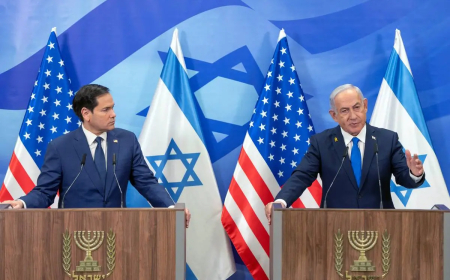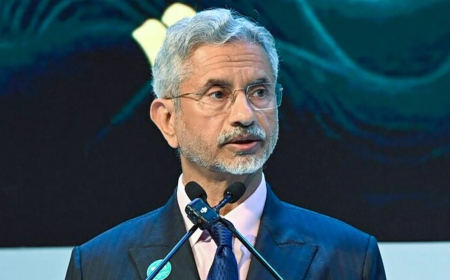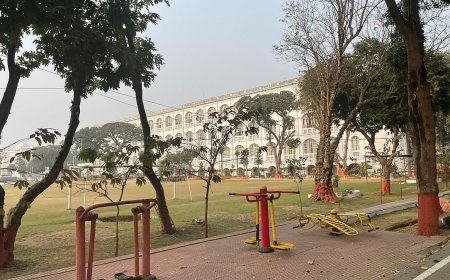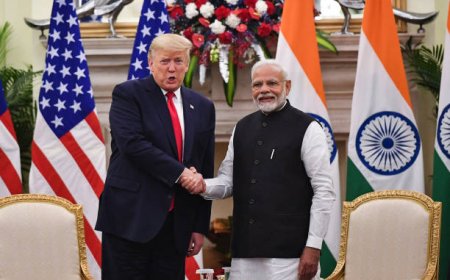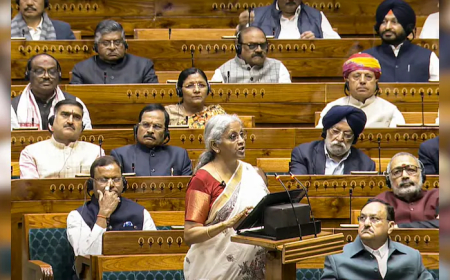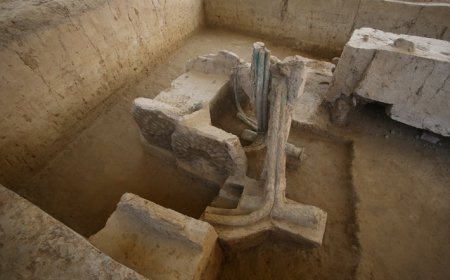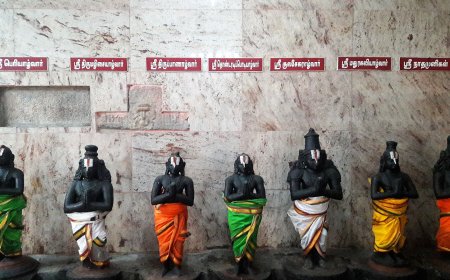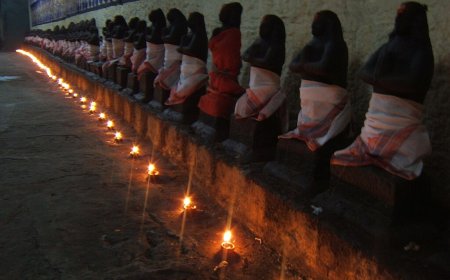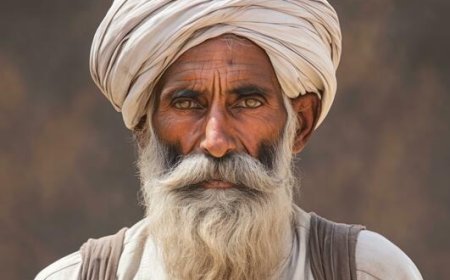The Brahmin Brothers that helped reform the Qutb Shahi kingdom
Madanna and Akkanna were two Brahmin brothers from the Telugu-speaking Niyogi Brahmin community who rose to prominence in the 17th-century in the final two decades of the Golkonda sultanate.

Madanna, also known as Madanna Pant, was appointed as the Prime Minister of the Qutb Shahi kingdom, while his younger brother Akkanna served as a senior official in the administration. Both brothers hailed from a prominent Brahmin family and were well-educated, which greatly contributed to their administrative acumen and strategic thinking.
Their rise to power came at a time when the Qutb Shahi kingdom was facing internal strife and external threats, particularly from the Mughal Empire. The brothers' ability to navigate these challenges with intelligence and diplomacy earned them the trust and confidence of Sultan Abul Hasan. Their rise was significant, as it marked a shift towards more inclusive governance, breaking the monopoly of Persian and Muslim nobility in the Sultanate’s administration.
Understanding the threats posed by the Mughal Empire, Madanna and Akkanna undertook significant military reorganization. They strengthened the kingdom's defenses by modernizing the army and fortifications. They also forged strategic alliances with neighboring states and European trading companies to counterbalance Mughal influence.
Madanna and Akkanna introduced several administrative reforms that modernized and streamlined the governance of the Golconda Sultanate. They focused on enhancing the efficiency of the administration by rooting out corruption and implementing merit-based appointments. Their policies emphasized accountability and transparency, which helped stabilize the Sultanate's bureaucracy.
Economically, the brothers worked on revitalizing the agrarian sector and promoting trade. They initiated land revenue reforms that aimed to reduce the burden on farmers and encouraged better agricultural practices. Additionally, they supported the growth of internal and external trade by improving infrastructure and ensuring the safety of trade routes. These measures contributed significantly to the prosperity of the Golconda Sultanate during their tenure.
Madanna and Akkanna were also great patrons of arts and culture. They supported various cultural and literary activities, contributing to a vibrant cultural milieu in Golconda. Their patronage extended to poets, scholars, and artists, fostering a rich cultural heritage that persisted long after their time.
Despite their significant contributions, the growing influence of Madanna and Akkanna attracted the ire of certain factions within the Sultanate and the Mughal Empire. In 1687, the Mughal Emperor Aurangzeb launched a campaign against Golconda, resulting in its annexation. During this conflict, both brothers were assassinated, marking a tragic end to their reformist agenda.


